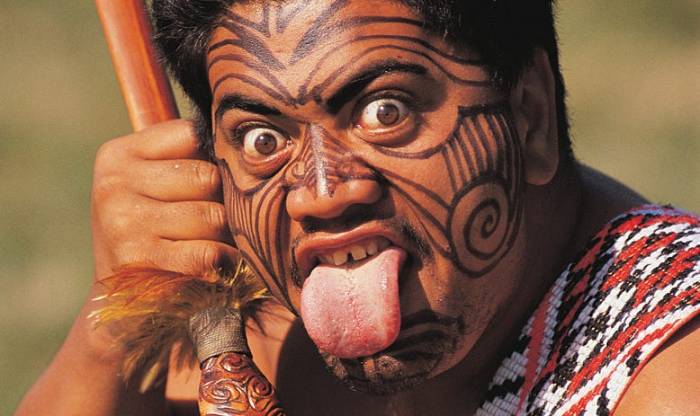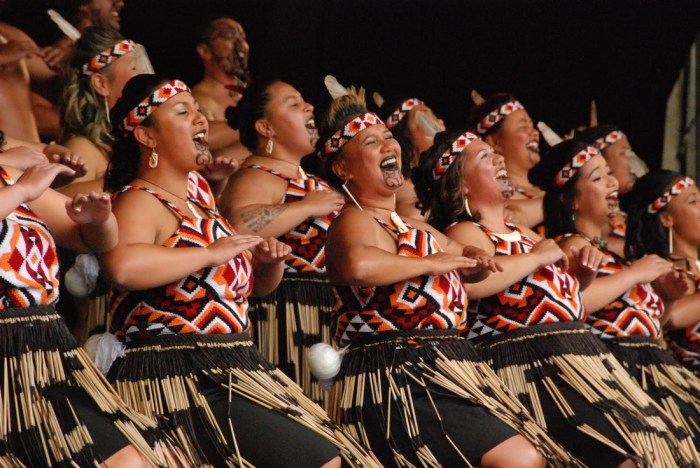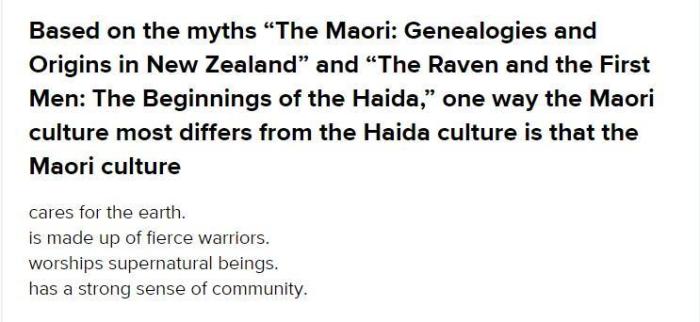The maori genealogies and origins in new zealand – Maori genealogies and origins in New Zealand unveil a captivating narrative that delves into the profound cultural heritage of the indigenous Maori people. This intricate tapestry of ancestral connections, beliefs, and practices forms the cornerstone of Maori identity and continues to shape their communities today.
The origins and development of Maori genealogies in New Zealand are deeply rooted in the Maori worldview and their spiritual beliefs. Whakapapa, the Maori term for genealogy, holds immense significance in establishing social hierarchy, kinship relationships, and personal identity within Maori communities.
The Maori Genealogies and Origins in New Zealand

The Maori people of New Zealand possess a rich and complex system of genealogies, known as whakapapa, which traces their ancestry back to the arrival of their ancestors in the country. These genealogies play a vital role in Maori culture, establishing social hierarchy, kinship relationships, and personal and collective identity.
Historical Context
The origins of Maori genealogies can be traced back to the arrival of the first Polynesian settlers in New Zealand, known as the waka hourua (great canoes). These settlers brought with them a tradition of oral storytelling and memorization, which they used to preserve their histories and genealogies.
Over time, these genealogies became increasingly elaborate, as each generation added its own names and stories to the collective whakapapa. They were passed down through generations through oral tradition, with tohunga (priests) playing a key role in preserving and transmitting them.
Traditional Beliefs and Practices
Maori creation myths and legends provide a framework for understanding the origins of their people. These myths tell of the arrival of the first ancestors from the mythical homeland of Hawaiki, and their subsequent encounters with the land and its inhabitants.
Tohunga played a central role in preserving and transmitting genealogies. They were responsible for memorizing and reciting the whakapapa, and for interpreting their significance and meaning. Tohunga also used genealogies to establish kinship relationships and resolve disputes.
Social Structure and Identity, The maori genealogies and origins in new zealand
Whakapapa is central to the social structure of Maori society. It establishes kinship relationships, determines social hierarchy, and provides a sense of belonging and identity.
Genealogies are used to trace descent from ancestors, both direct and indirect. This information is used to determine social status, rights, and responsibilities within the community. Whakapapa also shapes personal identity, as individuals identify themselves through their connections to their ancestors and their place within the wider social network.
Detailed FAQs
What is the significance of whakapapa in Maori culture?
Whakapapa holds immense significance in Maori culture, establishing social hierarchy, kinship relationships, and personal identity within Maori communities.
How have Maori genealogies evolved in the modern era?
Contemporary perspectives and adaptations have seen the evolution of Maori genealogies in the modern era, with the use of technology and new media facilitating the recording and sharing of whakapapa.


